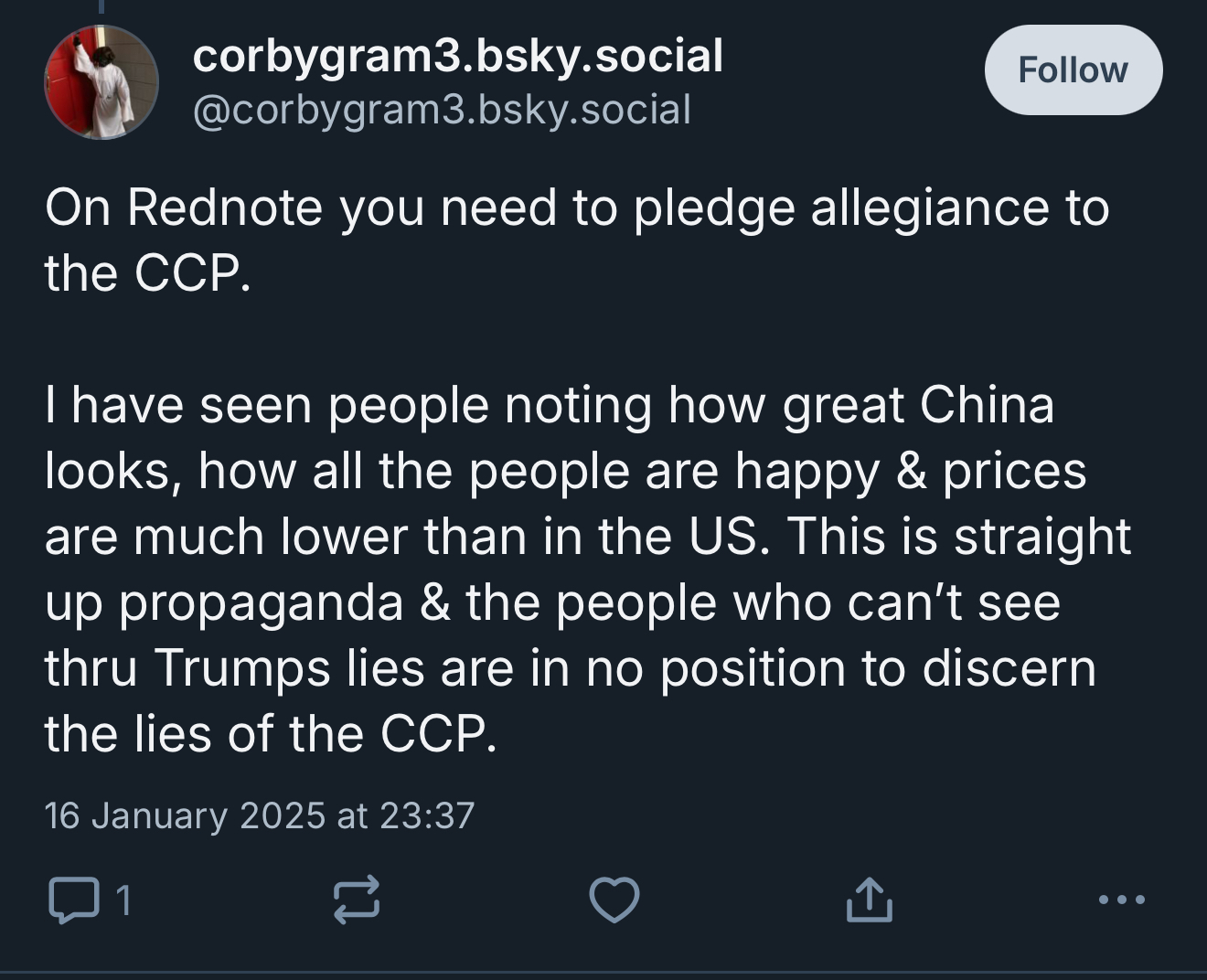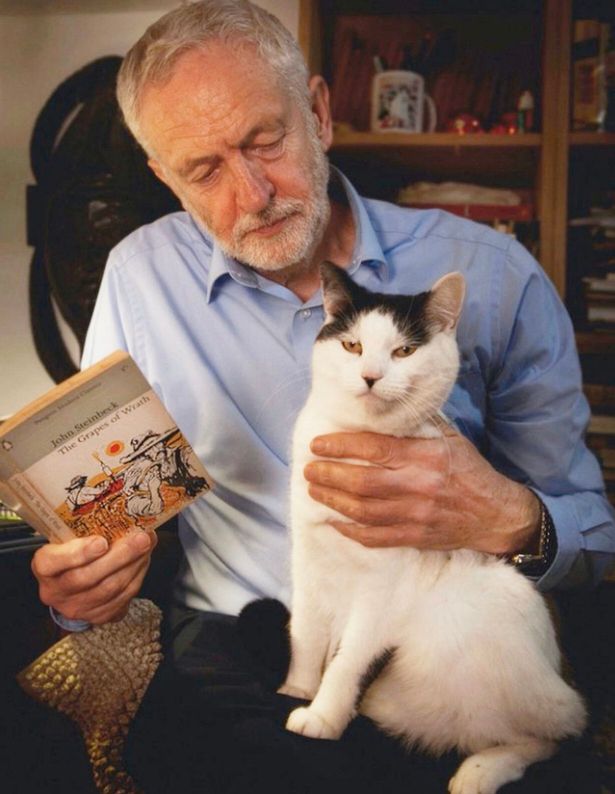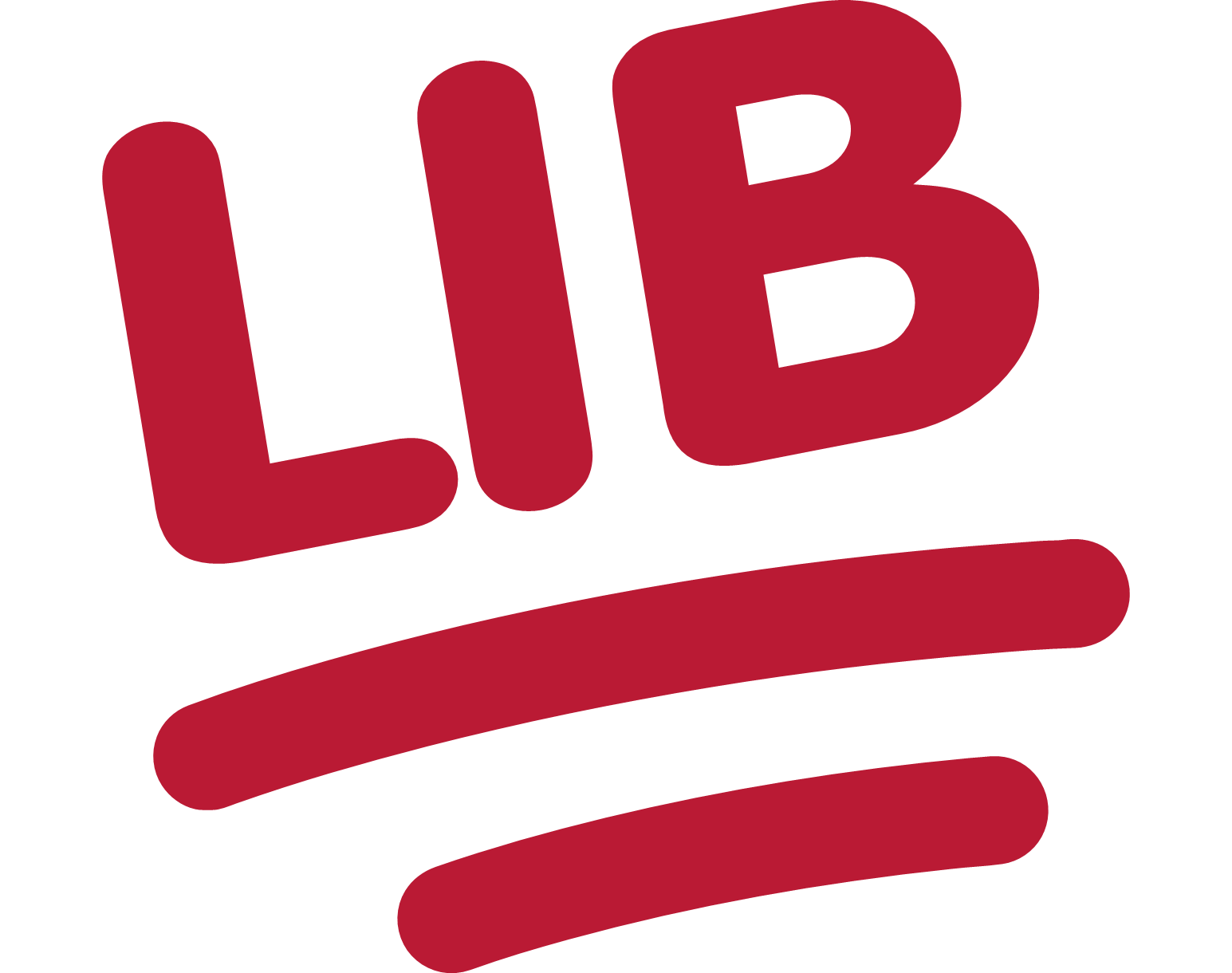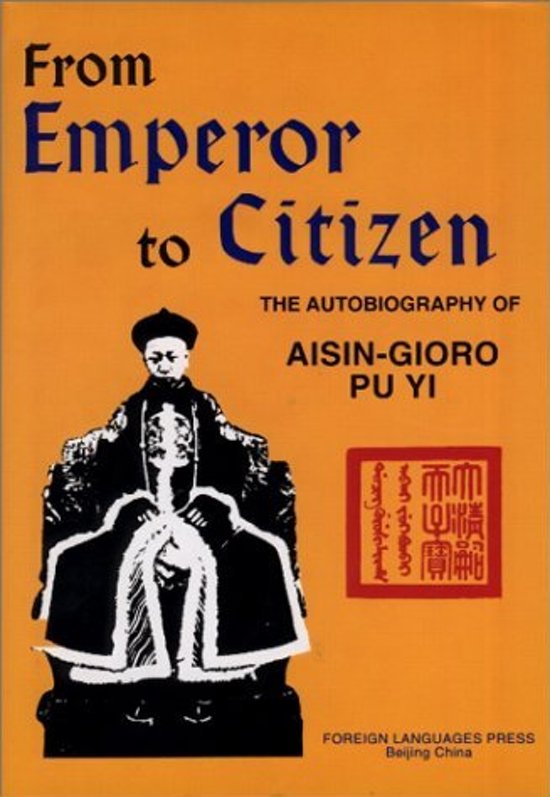I recently spend 9 days in China with my family. The last time I visited was in 2018, before the pandemic, and I was keen to see how things had changed. There is a lot of talk on Hexbear about China but it’s pretty hard to actually get direct information, so I thought I would do an effortpost to help paint a picture of what it’s like there. Of course you can’t really see much in 9 days and my experiences are skewed by my family circumstances and the people I interacted with, so don’t take this as proof or refutation of any serious analysis. It’s just meant to give a small slice of insight. Comrades who are living in China feel free to correct me on anything.
I visited Guangzhou, a highly developed city on the south coast close to the tech hub of Shenzhen and Hong Kong, as well as two cities in Hunan province where my grandparents live, Changsha (the provincial capital) and Xiangtan, a poorer city right next to Changsha.
Energy/vehicles
The most impactful change I witnessed was the move towards electric vehicles. In all three cities, every taxi I saw (whether old-style or rideshare) was an EV. In Guangzhou, it seemed that almost every passenger car was an EV as well, barring a few high-end luxury vehicles. In Changsha and Xiangtan the ratio was lower as there were more older cars still around, but newer cars skewed heavily towards EVs as well. Buses seemed to be transitioning to electric too. Trucks and lorries were still petrol.
There was a lot of EV charging infrastructure. Most urban apartment compounds had charging ports installed in their underground parkades. The rate for charging at a public car park in Guangzhou was 1RMB/kW (about 0.14 USD), with a full charge on most vehicles being about 40-50kW.
Electric mopeds were also all the rage. It seemed like mopeds had replaced the majority of bicycles and motorcycles. They were allowed to use the cycle lanes as well as roads, and many would also use the pavements. It seemed like many of them were delivery drivers but there were definitely many private users/commuters as well. It seemed like there was some discontent about them from the population at large, mainly relating to them causing accidents by driving on the pavement and being difficult to hear approaching. I heard the Guangzhou municipal government is about to bring in speed limit measures for them.
Pollution
The air was pretty good in Guangzhou when I was there, occasionally a little hazy. The air has always been a bit better in Guangzhou than elsewhere being coastal, but I really did feel there was a marked improvement from 2018. The roads were obviously much less polluted and quieter thanks to all the EVs.
The smog was still quite bad in Changsha, though a bit better in Xiangtan. I noticed in Changsha that they were spraying the roads with water everywhere - there was piping installed along many roads, and nozzles spraying a mist of water out of the back of street signs/along construction boards etc. Anecdotally I heard that this started because some local governments were gaming pollution targets by spraying water right outside the measurement stations, and it ended up spreading to a wider scale. The science on this is interesting - spraying large droplets of water can actually worsen pollution, but apparently that changes when the droplets are small like in a mist.
Infrastructure
High speed rail continues to be built and upgraded. The Guangzhou-Beijing train now only takes 8 hours, going at 350km/h. New lines were being added as well for second- and third-tier cities.
Roads seemed pretty good in newer areas but I didn’t see a lot of development, and traffic was pretty bad within Guangzhou, especially at peak hours. I would describe it as comparable to bigger North American cities.
Public parks were plentiful and well-maintained. The area my parents recently moved to had already created several new parks and were building more walking paths on local mountains. The parks I saw had tons of gardening and maintenance staff, with beautiful trees, plants, lakes, walkways, etc.
One of the biggest improvements was the availability and cleanliness of public bathrooms. They were still mostly squat-style, but many places had a mix of western-style toilets and availability of toilet paper, hand soap, dryers etc had massively improved. In Guangzhou I even saw a couple of separate gender-neutral toilets.
Property development
I saw a lot of development of new technology zones and hospitals. Apartment blocks were still being built, but property development is definitely in a slump right now. I found out that many of my relatives are massive libs who invested their income in properties, and are now complaining about not being able to sell. Many developments were sitting empty because they were built by speculators in areas that didn’t have any real demand for homes. My info on this is sketchy and anecdotal, but it sounded like many were reluctant to drop prices on units they had previously marketed as ‘luxury’ and crystallise their losses. I was also told there were price floor policies in some areas? In particular, villas/second homes outside of town, which were massively popular in the 2010s, are seeing little use and have been hit hardest. Some developers were responding to market conditions by, e.g. changing the designs of buildings to have more multi-bedroom apartments that serve multi-generational family living.
It really seemed like the developers brought this upon themselves by frantically building and speculating without really considering the real demand for housing. I talked to the live-in housekeeper/care worker my grandparents were hiring to look after them, who was from a very remote rural area. Both her children had gone to university, but she and her husband still had their allotments of farmland from the government, so it was unlikely that their whole family would move out permanently to the city. I imagine that this holds true for a lot of folks.
Way of life
When I last visited in 2018, the move to financial transactions happening on WeChat had just happened. Still the case that most people are using WeChat for transactions, though cash is still accepted. It seems like a data privacy nightmare tbh, but everyone is integrated in the system. It is highly efficient for sure.
Everyone uses ecommerce for buying almost all goods, including groceries, which are delivered super quickly (same or next day). I saw a ton of malls, especially newer ones, that didn’t really have retail stores anymore but were filled with cafes, bakeries, restaurants, and bubble tea places. Honestly, it was awesome. The ecommerce boom is evidently a driving factor behind the explosion in moped use as well. It was quite funny to me that my family members were complaining about all the mopeds while praising how convenient it was to get things delivered…
As always the food was cheap, fresh, and excellent.
Mental and physical health
Overall I did see some signs of problems associated with an aging population. Older people are living longer and many middle-upper income families like mine are hiring housekeepers to look after them. There was a lot of talk about how awful some care homes were - I heard of one where all the bedridden residents stayed 10-12 in a room. The nursery outside my grandparents’ place had closed down. My parents and their siblings were constantly stressed about looking after my grandparents despite our relatively fortunate circumstances.
One great change related to the focus on mental health of children. The government banned after-school tutoring/classes, with the exception of sports clubs/outdoor activities. So now the kids are all getting a ton of exercise, which is way better than it was for my cousins who had to go to extra classes every evening and weekend to keep up with all the other kids going to extra classes.
Despite that I am a bit worried that there is a hidden mental health crisis in China right now. Mental health provision is still poor. Though antidepressants etc. are routinely prescribed now, it’s still somewhat of a dismissed/taboo topic and talk therapy is not really a thing it seems. But at least it did see like awareness was increasing so this might improve.
The worst change I experienced was sensory and information overload. There has been a huge increase in the use of loudspeakers in public, for everything from official announcements to advertisements. Walking down a street of restaurants is almost unbearable with each unit blasting out repetitive promotions. I visited a bird sanctuary in Guangzhou which had loudspeakers every 20 metres playing shitty music and fake birdsong right in front of the real birds. Many people think nothing of watching/playing videos at full volume in a crowded room. As someone with ADHD and sensory issues it was awful. The most popular navigation app for drivers seemed to be chattering endlessly with unnecessary information, which felt pretty dangerous and just like poor product design. I’m hoping that local or central government will take notice of this issue because it really was driving me insane and cannot be healthy.
Information, news, communications
The Chinese internal internet is very much divided from the rest of the world, though VPNs were very effective and are still widely used. My parents’ and grandparents’ generation seem quite susceptible to fake news, though they were mostly complaining that the news they read is poor quality and full of advertorials. I am not sure but assume that younger generations are more adept at finding good information sources, similar to in the West. Robocalls are a problem too except they still mostly use humans rather than recordings/bots.
One thing that was really annoying was that every service was app based, and web-based services were scaled back a huge degree. Way more people have smartphones than PCs so it makes sense but it was still frustrating not being able to access basic stuff like navigation on browser.
Geopolitics
I didn’t really feel like there was any amount of ramping of hostility towards the US or the West. There was some grumbling about sanctions and trade, mainly along the theme of the Americans shooting themselves in the foot by cutting it off. For the first time ever, I saw more Black people out and about in Guangzhou than white foreigners. I saw some special promotions of imported Russian goods. Many affluent libs seem to still have some idolisation for American/Western freedom. They were surprised when I told them that the Americans were suppressing speech about Palestine, for example. Broadly I felt like was a lot of support for Palestine and lukewarm support for Russia.
I don’t really know much about Chinese internal politics or policies. It certainly sounded like vast swathes of government officials of all levels had been prosecuted for corruption, which was cool to see. I heard that directors of companies in debt weren’t allowed to use premium services like the high speed rail, but it was unclear whether that was a legal thing or a company policy thing.
Final thoughts
It was awesome to see the rapid improvements in some areas, especially in green energy. Overall, people seemed relatively healthy and happy, and I didn't see many homeless people even in poorer areas. I worry about the mental health and aging population. I don't know enough about economics to really judge, though there are definitely lingering effects from covid and everyone is going to feel differently.
I hope this was an interesting read <3





 but in a lefty way and has been with me to China multiple times, we’ve been together for years. He has had misconceptions before but is always learning. He does go on Reddit still, mostly to talk about land value tax which is his big political obsession right now.
but in a lefty way and has been with me to China multiple times, we’ve been together for years. He has had misconceptions before but is always learning. He does go on Reddit still, mostly to talk about land value tax which is his big political obsession right now.
Traditions and cultures are only important if you make them important to you. If you want to learn how to cook certain dishes or how to celebrate, there’s tons of content on video platforms. Maybe try making some friends from your culture, online if there aren’t many in your area and celebrating together. As for your parents, people have all sorts of reasons for abandoning cultural practices, maybe it’s poverty, maybe they have trauma attached to them, maybe they wanted to protect you from the social consequences of being different - you never really know unless you talk to them. Sometimes people move to get away from cultures, you know? Not saying that’s necessarily applicable for your family but don’t blame them too much 💜